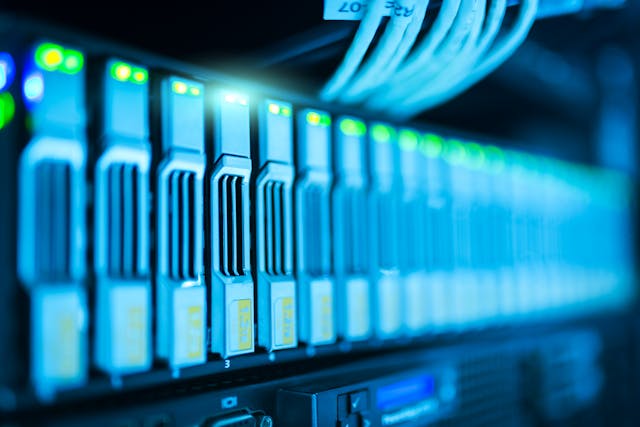
Report on AI before Deployment in Defense
The National Security Commission on Artificial Intelligence is an independent federal commission, was constituted to address Artificial Intelligence issues. A report was submitted by the Council on Artificial Intelligence to the U.S. President and Congress.
The report stressed that a comprehensive Indo-Pacific strategy to build cooperative agreements with countries in the region such as South Korea, Vietnam, New Zealand, Australia, Japan, and India must be instituted by the U.S. With strategic formal agreements forged by the Department of Defense and the Department of State, the U.S. must strengthen its tech ties with its partners and allies to focus on new technologies and remain at the forefront of global competition.
The Quadrilateral Security Dialogue is an important forum between 4 countries – Australia, Japan, India, and the U.S. so that a formal association can be created. This association would be a step towards security and defense challenges associated with AI to be identified and addressed. There is a need to build an all-compassing framework that can strengthen bilateral partnerships and foster international cooperation.
The defense cooperation agreements with the Indo-Pacific allies must stress the responsible deployment of AI technologies as done with NATO countries. Democratic countries must build strong diplomatic ties to spearhead innovation in technology. It is necessary to engage with private industry across the world so that emerging technologies can be put to good use without compromising security issues. There is a need for the U.S. to strengthen its alliances with democratic countries with bilateral partnerships in Artificial Intelligence.
A strategic tech alliance between the U.S. and India can pave the way for addressing the technological opportunities and challenges. Besides, the U.S. must continue its dialogue with the European Union.
The need to concentrate on India within the Indo-Pacific members is also on account of the increasing tensions faced by India geopolitically. As both nations are based on democracy and are focused on developing innovative technical solutions, a UISTA (US-India Strategic Tech Alliance) must be created by the Department of State along with the Department of Defense and Commerce.
This will lead to continued engagement between the two countries on a multi-pronged strategy to address the changes in new technologies and its deployment in the Indo-Pacific countries. This move would foster joint research into advanced AI development as well as talent flow and exchange. With a joint working group, UISTA could oversee intellectual property rights and investment opportunities.
India has been working with several global AI initiatives, such as the D10 coalition and the GPAI. India boasts of a vast talent pool that could work to harness the potential of AI. There is a recommendation that has been mooted towards creating the post of CTO from the AI community to lead research and development. Another CTO would oversee acquisition and sustainment.




